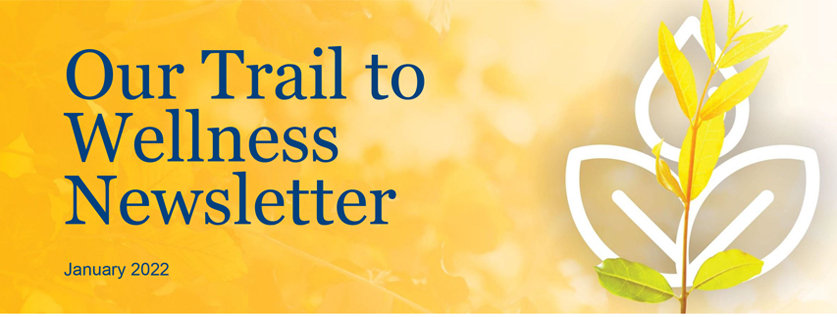Government of Canada renews one of Lakehead University’s Canada Research Chairs
The Government of Canada recently announced a new investment of more than $151 million to support 188 new and renewed Canada Research Chairs, including the renewal of Lakehead University’s Dr. Charles Levkoe, Tier II Canada Research Chair in Equitable and Sustainable Food Systems.
Dr. Levkoe is an associate professor in Health Sciences. His research investigates ways that academics and community-based practitioners – including food producers, public health workers, non-profit organizations, and Indigenous communities – can build more equitable and sustainable food systems to address social, economic, and environmental challenges.
“This renewal enables the continuity of essential food systems research in partnership with communities across Northwestern Ontario, Canada, and globally,” Dr. Levkoe said.
“I am particularly excited to build relationships with new and existing initiatives that are working towards social and environmental justice and addressing pressing concerns such as the climate crisis,” he added.
“Congratulations to Dr. Levkoe and thank you to the CRC program for continued funding for this important research,” said Dr. Andrew P. Dean, Lakehead’s Vice-President, Research and Innovation.
“Dr. Levkoe’s research program is exciting and aligns with a number of Lakehead University’s research priorities, but especially to research in social justice and environmental sustainability initiatives,” Dr. Dean added.
“The Canada Research Chairs announced this week comprise the full diversity of Canada, both in terms of their backgrounds and training, as well as the broad range of disciplines they represent,” said Ted Hewitt, Chair, Canada Research Chairs Program Steering Committee and President, Social Sciences and Humanities Research Council.
“This, in turn, helps to drive the research excellence we have come to expect from these outstanding scholars, as well as their contributions to the well-being and prosperity of Canadians.”
– 30 –
Media: For more information or interviews, please contact Brandon Walker, Media, Communications and Marketing Associate, at (807) 343-8110 ext. 8372 or mediarelations@lakeheadu.ca.
Lakehead University is a fully comprehensive university with approximately 9,700 full-time equivalent students and over 2,000 faculty and staff at two campuses in Orillia and Thunder Bay, Ontario. Lakehead has 10 faculties, including Business Administration, Education, Engineering, Graduate Studies, Health & Behavioural Sciences, Law, Natural Resources Management, the Northern Ontario School of Medicine, Science & Environmental Studies, and Social Sciences & Humanities. Lakehead University’s achievements have been recognized nationally and internationally, including being ranked, once again, among Canada’s Top 10 primarily undergraduate universities in Maclean’s 2021 University Rankings; as well as included in the top half of Times Higher Education's 2022 World Universities Rankings for the third consecutive year, and in the top 100 of 1,115 universities from around the world in THE's 2021 Impact Rankings (which assesses institutions against the United Nations’ 17 Sustainable Development Goals). Visit www.lakeheadu.ca.







